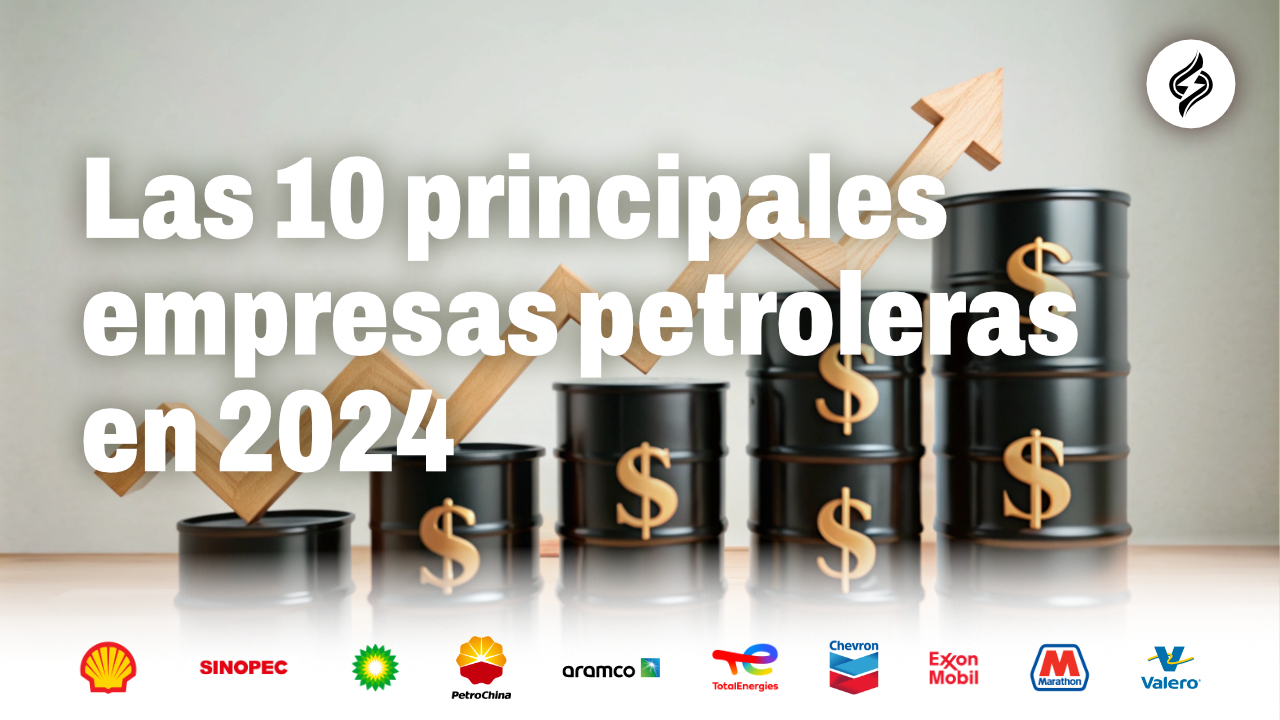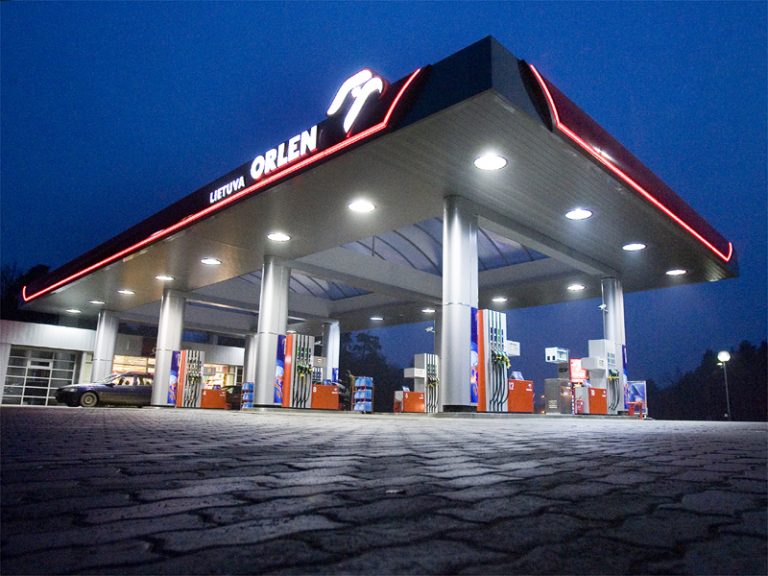
The Role and Importance of Oil Companies
Oil remains a crucial energy source worldwide, with companies delivering billions of barrels of petroleum products daily to support transportation and industry. Despite rising public concerns about climate change and efforts to reduce reliance on carbon-based fuels, the oil industry continues to prosper. Notably, giants like Exxon and Shell are among the most profitable companies globally.
Largest Oil Companies by Revenue
Below are the top 10 oil companies based on their trailing 12-month (TTM) revenue as of December 22, 2022, according to YCharts. This list features companies from the United States, Saudi Arabia, China, the U.K., and France.
Key Highlights
- The largest oil companies are based in the U.S., Saudi Arabia, China, the U.K., and France.
- These companies produce and distribute a range of petrochemical and petroleum products, including gasoline, diesel, kerosene, synthetic rubbers, and jet fuel.
- Saudi Aramco is the largest integrated oil and gas company globally, although its stock is not traded in the U.S.
The Top 10 Oil Companies
1. Saudi Arabian Oil Co. (Saudi Aramco)

- Revenue (TTM): $590.3 billion
- Net Income (TTM): $156.5 billion
- Market Cap: $1.8 trillion
- 1-Year Trailing Total Return: -3.7%
- Exchange: Saudi Arabian Stock Exchange
Saudi Aramco is one of the world’s largest companies across all industries and the leading oil-producing company by revenue. It operates in the U.S., Europe, and Asia, although its stock is not traded in the U.S.
2. China Petroleum & Chemical Corp. (SNPMF)

- Revenue (TTM): $486.8 billion
- Net Income (TTM): $10.5 billion
- Market Cap: $55.7 billion
- 1-Year Trailing Total Return: 18.6%
- Exchange: OTC Markets
Known as Sinopec, China Petroleum & Chemical is a major producer and distributor of petrochemical and petroleum products, including gasoline, diesel, kerosene, and chemical fertilizers.
3. PetroChina Co. Ltd. (PCCYF)

- Revenue (TTM): $486.4 billion
- Net Income (TTM): $20.9 billion
- Market Cap: $78.7 billion
- 1-Year Trailing Total Return: 12.5%
- Exchange: OTC Markets
PetroChina, the publicly listed arm of the state-owned China National Petroleum Corporation, is China’s largest oil and gas producer and distributor.
4. Exxon Mobil Corp. (XOM)
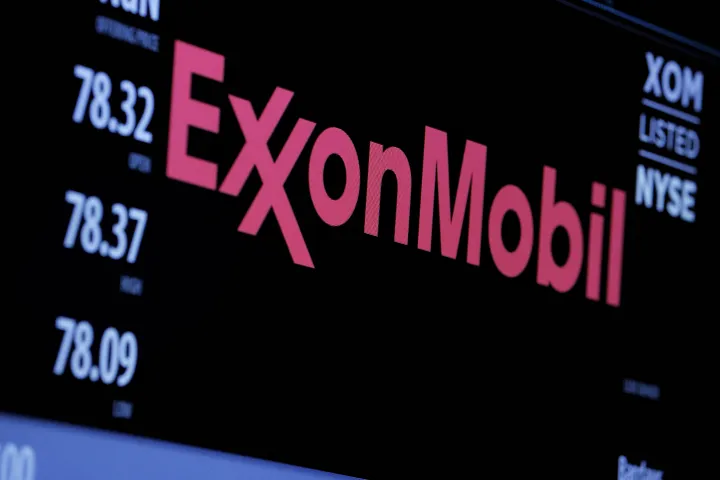
- Revenue (TTM): $386.8 billion
- Net Income (TTM): $51.9 billion
- Market Cap: $445 billion
- 1-Year Trailing Total Return: 85.6%
- Exchange: New York Stock Exchange
Exxon Mobil is a leader in the energy and chemical manufacturing sector, involved in exploring, producing, transporting, and selling oil and natural gas worldwide.
5. Shell PLC (SHEL)

- Revenue (TTM): $365.3 billion
- Net Income (TTM): $43.4 billion
- Market Cap: $201.8 billion
- 1-Year Trailing Total Return: 37.47%
- Exchange: New York Stock Exchange
Shell operates in over 70 countries, focusing on exploring, producing, refining, and marketing oil and natural gas and manufacturing and marketing chemicals.
6. TotalEnergies SE (TTE)
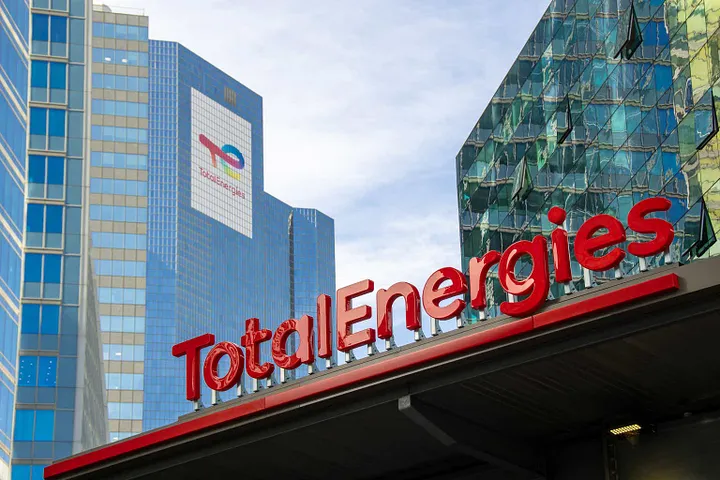
- Revenue (TTM): $254.7 billion
- Net Income (TTM): $23.1 billion
- Market Cap: $157.1 billion
- 1-Year Trailing Total Return: 34.3%
- Exchange: New York Stock Exchange
Based in France, TotalEnergies explores and produces crude oil, natural gas, and low-carbon electricity, along with refining and producing petrochemical products.
7. Chevron Corp. (CVX)
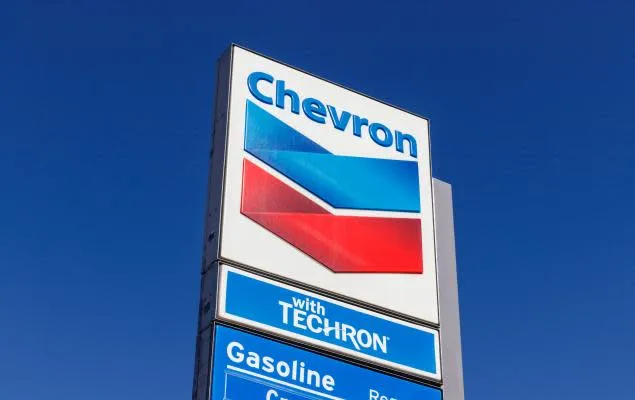
- Revenue (TTM): $227.1 billion
- Net Income (TTM): $34.2 billion
- Market Cap: $337.8 billion
- 1-Year Trailing Total Return: 56.8%
- Exchange: New York Stock Exchange
Chevron operates both upstream and downstream in the oil industry, including exploration, production, refining, transportation, and marketing. It also has chemical and mining operations.
8. BP PLC (BP)

- Revenue (TTM): $222.7 billion
- Net Income (TTM): -$11 billion
- Market Cap: $105.3 billion
- 1-Year Trailing Total Return: 38.4%
- Exchange: New York Stock Exchange
British company BP engages in oil and petrochemical exploration, production, and supply, with a strategy shift towards integrated energy solutions for customers and investors.
9. Marathon Petroleum Corp. (MPC)

- Revenue (TTM): $173 billion
- Net Income (TTM): $12 billion
- Market Cap: $57.1 billion
- 1-Year Trailing Total Return: 85.3%
- Exchange: New York Stock Exchange
Marathon refines and ships petroleum products, owns thousands of miles of petroleum pipelines, and operates branded retail outlets across the U.S.
10. Valero Energy Corp. (VLO)

- Revenue (TTM): $170.5 billion
- Net Income (TTM): $9.4 billion
- Market Cap: $47.3 billion
- 1-Year Trailing Total Return: 78.3%
- Exchange: New York Stock Exchange
Valero is the largest independent petroleum refiner globally and the second-largest renewable fuels producer, with facilities in the U.S., Canada, and the U.K.
These companies continue to play a crucial role in the global energy market, even as the landscape shifts towards more sustainable energy solutions.

Yaropolk Dabrowski is a distinguished energy investing editor and a prominent expert in financial topics, renowned for his keen insights and analytical approach to the complex intersections of energy markets and investment strategies. With over a decade of experience in the financial sector, Yaropolk has established himself as a thought leader, guiding investors through the intricacies of sustainable energy investments and the impact of global market trends. His expertise spans across diverse areas, including renewable energy, oil and gas, and emerging technologies, enabling him to provide nuanced perspectives that resonate within the financial community.
Recognized for his contributions to top-tier publications, including Forbes, Yaropolk’s writing blends rigorous research with accessible language, making him a sought-after commentator on financial developments. His collaborative efforts with leading investment firms and industry experts further cement his reputation as a trusted resource for investors looking to navigate the dynamic landscape of energy investment. Beyond his editorial work, Yaropolk is dedicated to educating the next generation of investors, advocating for responsible and sustainable investing practices that prioritize long-term growth and environmental stewardship.

